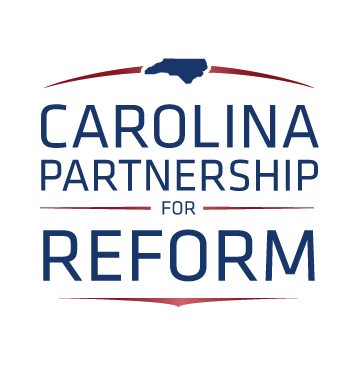Money, Not Need, Really Drives ‘Certificate of Need’ Requirements
CON laws increase health costs and diminish choice. Lawmakers should repeal them.
As the 2024 legislative session begins, we’re continuing to focus on policy changes that can rein in runaway health costs. One area that’s ripe for reform: the state’s certificate of need (CON) laws, which force health care providers to obtain state approval before they can open or expand their facilities and services. A “government permission slip,” as others have rightly noted, the CON requirement stifles competition, granting monopolies to certain hospitals and health care businesses.
North Carolinians are left with limited health care access, fewer choices, and higher costs. “CON laws are about money—more for some and less for others,” a recent editorial sums up.
Here are the fundamental questions underlying CON policy: Should bureaucrats determine which health care services are available to North Carolinians, and where? Or should those decisions be driven by consumer need and the health care marketplace?
We affirm the latter.
Paradoxically, North Carolina’s certificate of need laws are based largely on the idea that they help control costs. Yet years of data dispel that view, with a majority of studies finding CON regulations are linked with more spending. In states with CON laws, health care costs are 11% higher than in non-CON states, research finds. The policy is pure protectionism, with patients paying more than they should so certain health providers can have less competition.
Opposition to CON laws extends to the upper echelons of medicine and government. CON policies “have failed to achieve their intended goal of containing costs,” the American Medical Association concluded. Both the Antitrust Division of the U.S. Department of Justice and the Federal Trade Commission oppose CON laws.
So, why are these policies still on the books? In North Carolina, the state’s influential hospital lobby has a vested interest in retaining CON programs. After all, for hospital monopolies, competition and choice are bad for business.
The national landscape—and momentum for change
But times and attitudes are changing. Currently, 35 states have CON laws in place, according to the National Council of State Legislatures, while “12 states have fully repealed their CON programs or allowed the programs to expire.” Already in 2024, the issue is generating plenty of action: As of mid-March, lawmakers in 28 states (including most other Southeastern states) had introduced legislation addressing CON laws.
2024 State Legislation Addressing Certificate of Need Programs
Source: National Academy for State Health Policy. Based on data as of March 13, 2024.
Building on earlier reforms, North Carolina lawmakers last year passed a number of CON modifications under the state law expanding Medicaid. Shifts include removing psychiatric and chemical dependency treatment facilities from CON requirements and raising the cost threshold for equipment warranting a CON review. Additional changes will occur over time.
Such reforms align with the will of North Carolina voters. In polling we commissioned last spring, 56% of voters said CON laws didn’t make sense.
They don’t. So, sensible reform, both incremental and wholesale, is needed to move North Carolina out from under heavy-handed bureaucratic oversight of health care and its attendant, surging costs.
CON laws worsen the very problem they were intended to remedy. State lawmakers should reform—and ultimately repeal—them.


